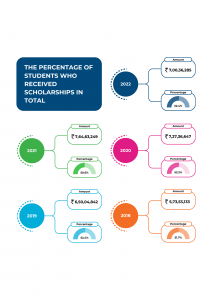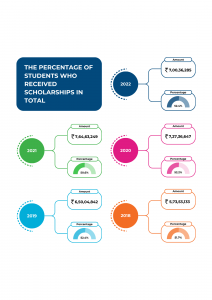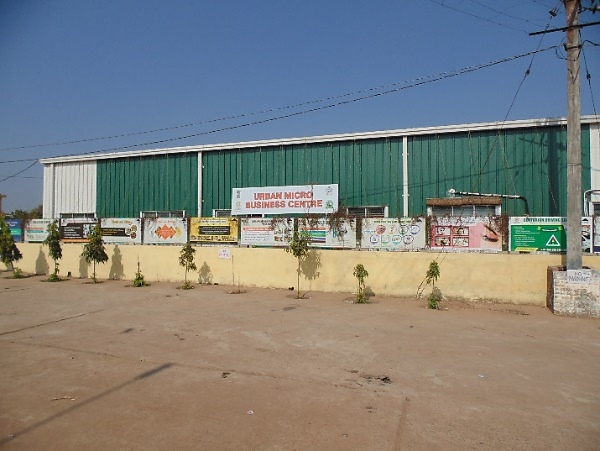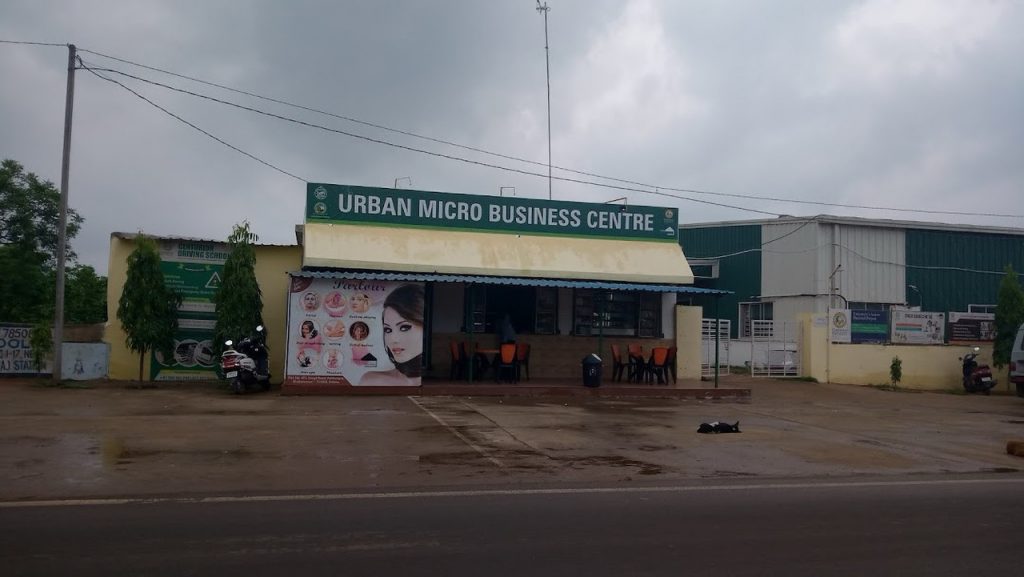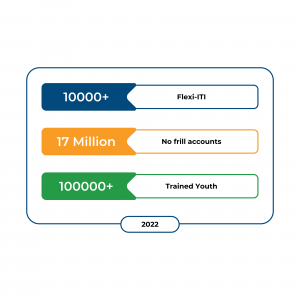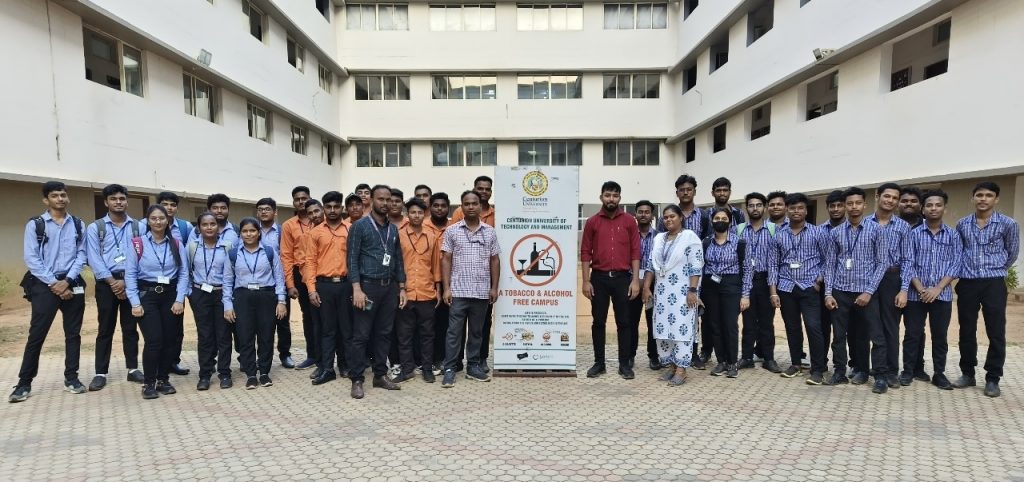Providing Assistance to the Local Community Supporting the Start-up
Centurion University is a recognized incubator by Start-up Odisha and Start-up India (Government of the State and Government of India). Since 2015 and as of 2023, 49 start-ups were incubated at the University in variegated areas beginning from e-mobility to apparel. The University adheres to Odisha Startup Policy 2016 (Amended in 2018) and National Innovation and Startup Policy 2020.
The University provides valuable assistance to the local community in supporting startup initiatives through a range of collaborative efforts and resources.
Awareness Drives: The University in collaboration with the local government conducts several awareness campaigns to ignite scientific temper and entrepreneurial mindset among its students, faculty members, and local community. In the year 2022, around 15 awareness drives were conducted in the mode of the physical workshop which the local community was also invited. Refer to the Participation in Cross-Sectoral Dialogue Report.
The outcomes of such drives have resulted in the inception of two new startups in the year 2022, one is Sangam Designs and the other is Mihir`s Coffee on Wheels. Sangam Designs is an apparel startup based on the concept of transforming waste cloth into wealth (usable apparel). It’s a women-led startup that employs differently-abled women. Mihir`s Coffee on Wheels is a mobile van inside the University that allows students (clients) to prepare their own orders themselves. Both of these startups like the other remaining 47 startups are ventures of the local community. Please refer to the incubation report for details of the start-up and start-up ecosystem of the University.
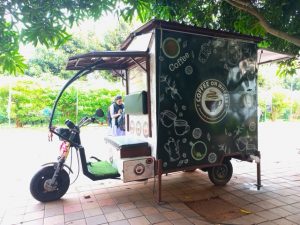
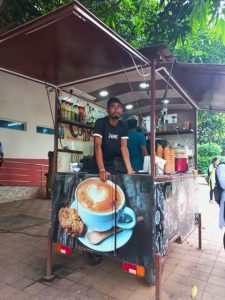
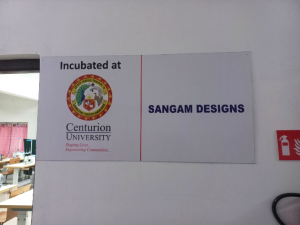
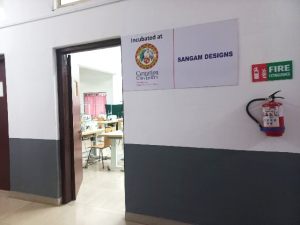
Financial Assistance:
The University provides financial assistance to all start-ups adhering to Startup Odisha Policy 2016 (Amended in 2018). Please refer to the policy and the page number 14-16
Relevant Links
